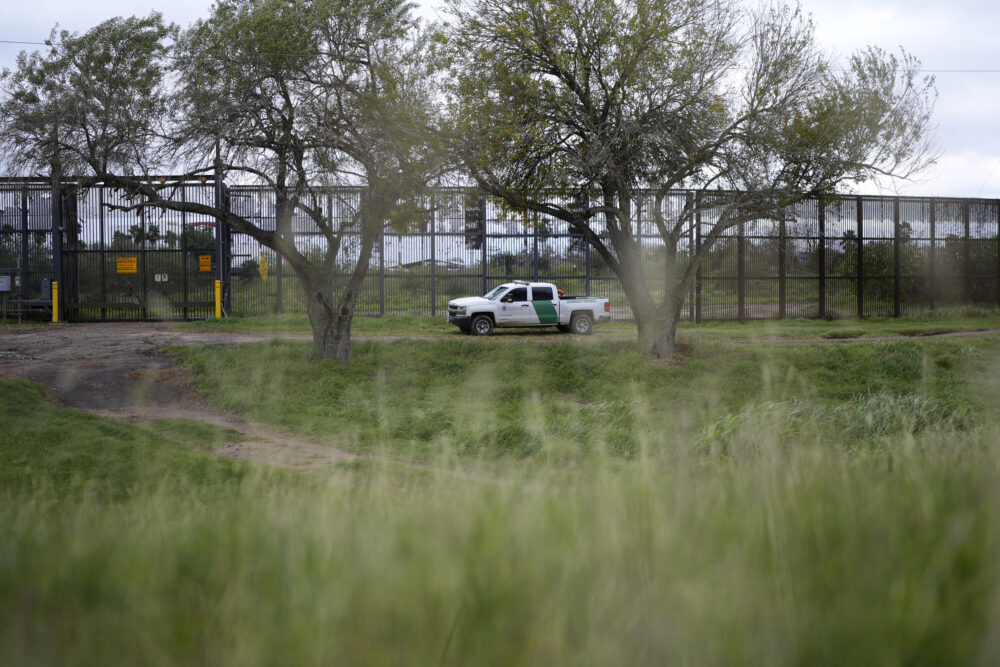
According to an order filed on Thursday, U.S. District Judge Fernando Rodriguez Jr. ruled that for anyone in the district who is designated by the federal government as an “alien enemy,” the administration is “enjoined from transferring, relocating, deporting, or removing such person outside of the Southern District of Texas, without an Order from the court.”
Rodriguez’s order is set to expire May 2.
Similar restraining orders have been issued in other districts nationwide. On Tuesday, a federal judge in Colorado banned deportations related to the Alien Enemies Act of 1798, according to the Associated Press. It reported that the U.S. Supreme Court earlier this month allowed deportations under the act, but ruled that the government must give those detained a reasonable opportunity to contest their removals.
In March, the Trump administration proclaimed a Venezuelan gang, Tren de Aragua, as a foreign terrorist organization. Through the Alien Enemies Act, a president can detain, relocate, or deport non-citizens from a country that are considered enemies of the U.S. during times of war. At issue is whether the administration can invoke the act against a gang.
The Alien Enemies Act has previously been invoked during the War of 1812, World War I and World War II, according to the AP.
The American Civil Liberties Union (ACLU) filed a lawsuit earlier this month to stop removals related to the Alien Enemies Act in the Southern District of Texas. According to the lawsuit, the plaintiffs are Venezuelan men in immigration custody who faced imminent removal after the president’s proclamation, and they deny accusations of being part of a gang.
“The AEA (Alien Enemies Act) has never been invoked outside of war, and applies only to warlike actions: it cannot be used here against nationals of a country — Venezuela — with whom the United States is not at war, which is not invading the United States, and which has not launched a predatory incursion into the United States,” the ACLU argues in the lawsuit.
The U.S. Department of Justice, which is representing Trump, U.S. Department of Homeland Security Secretary Kristi Noem and other officials, declined to comment.
Copyright 2025 Houston Public Media News 88.7
